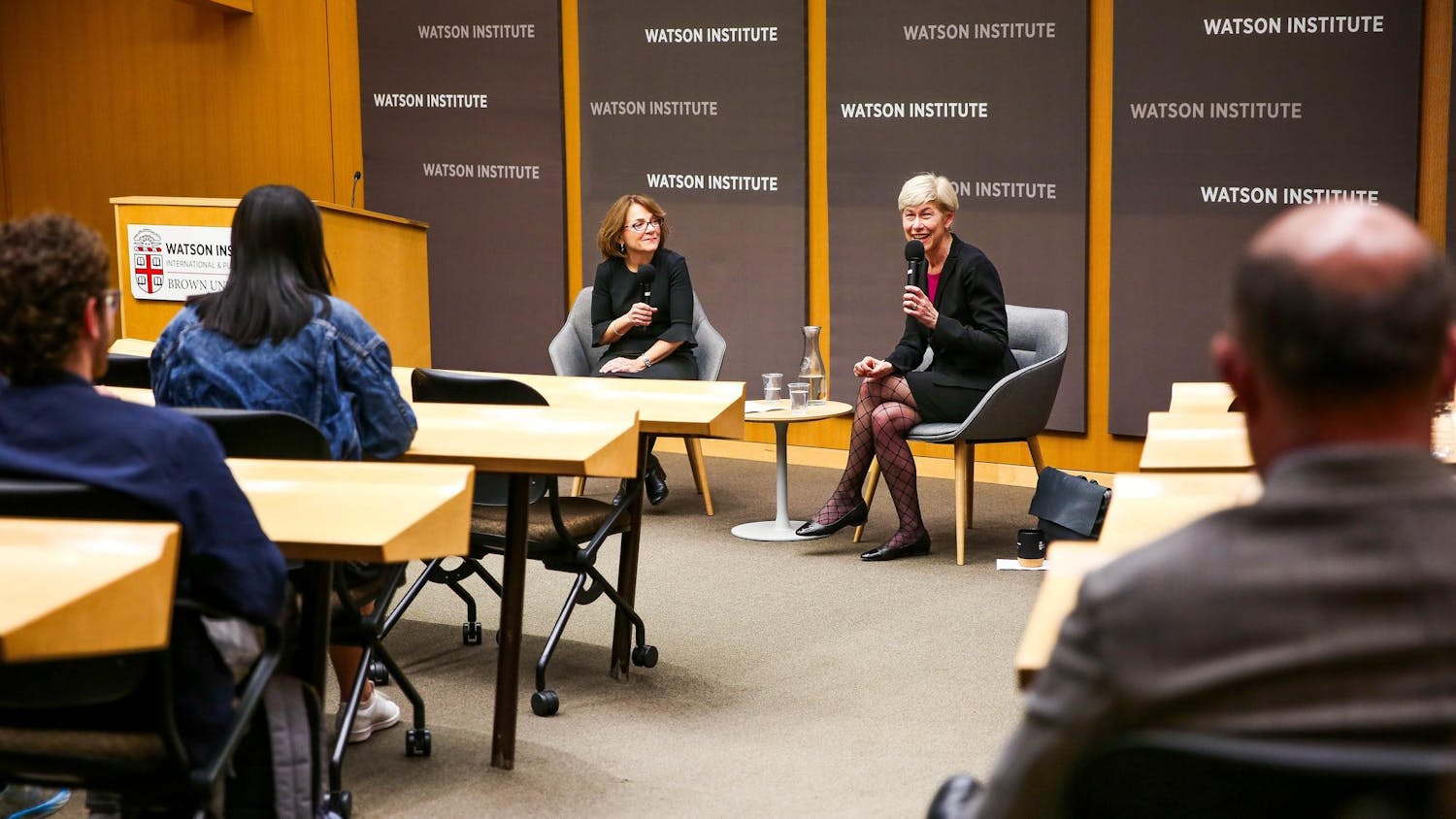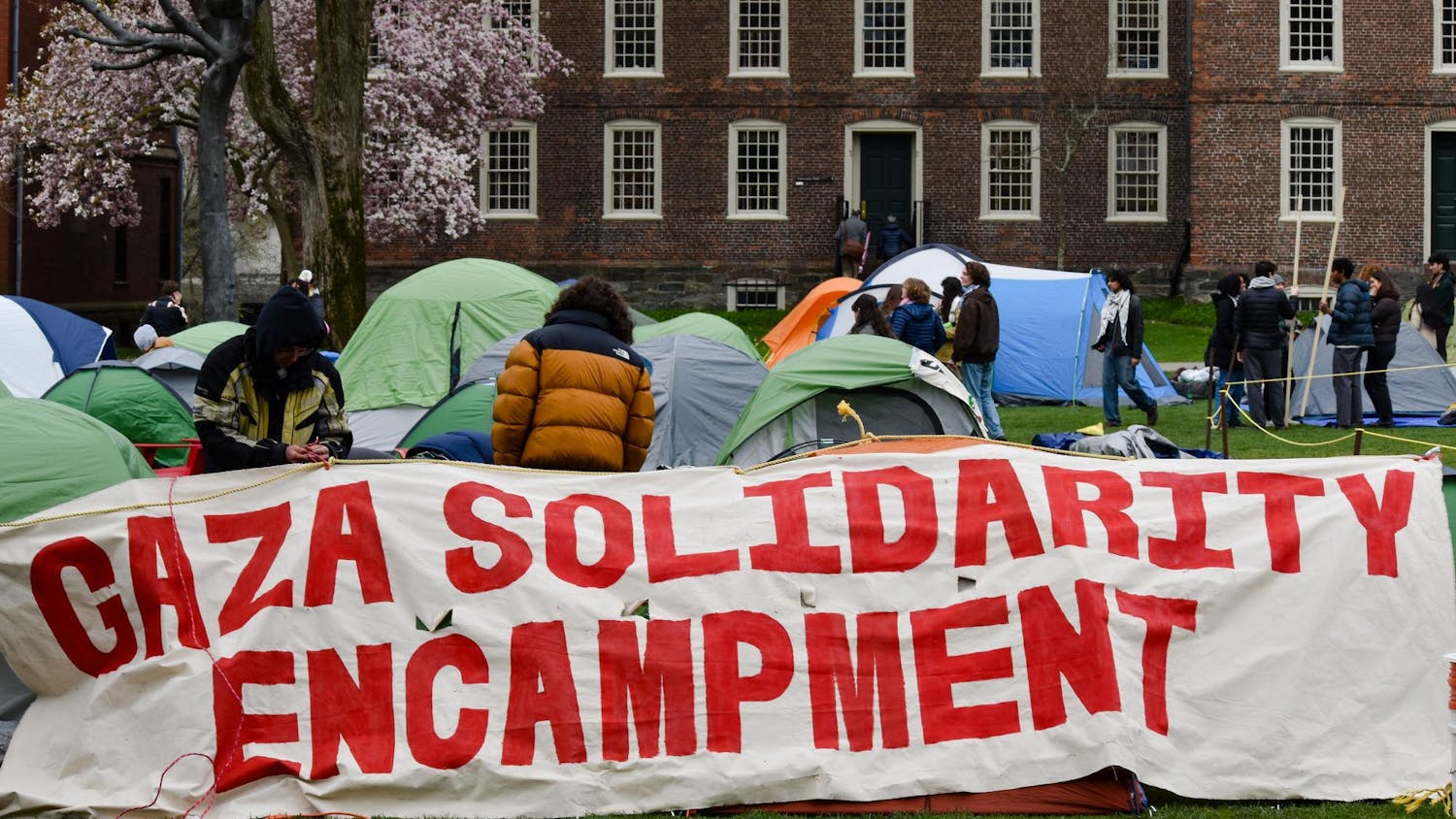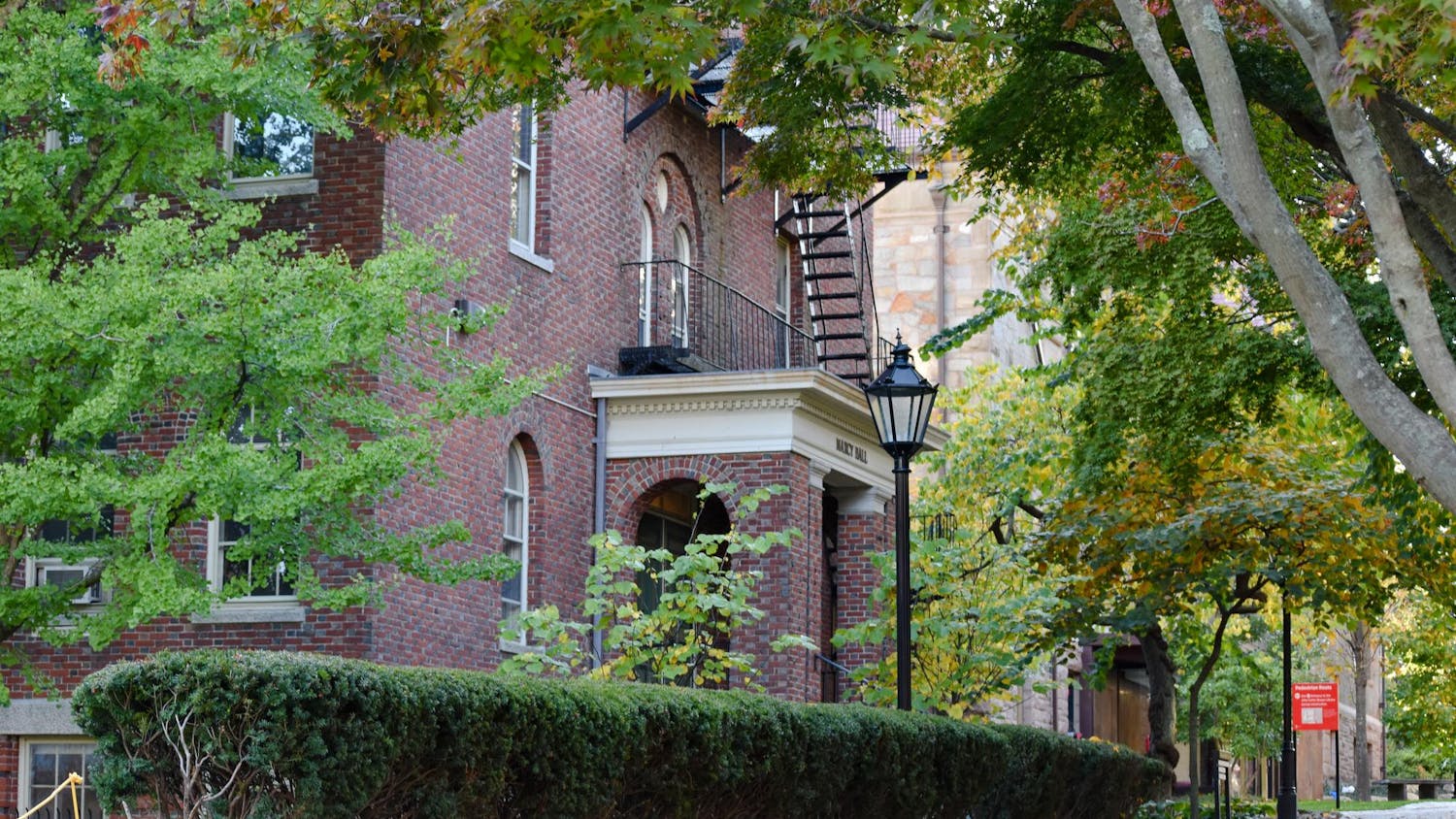Brazil faces ongoing challenges as the country strives to continue its economic growth in the long-term, said Cristovam Buarque, a member of the Brazilian senate, in a lecture last night.
Buarque’s talk — entitled “Is the Rise of Brazil Sustainable?” — was the second in the Brazilian politician and academic’s three-part lecture series at the Watson Institute for International Studies.
Buarque highlighted key changes that he said led to growth in Brazil’s economy. He linked the upswing to a series of events in the past couple of decades, discussing the “Real Plan” of 1994, which included economic stabilization, a new monetary anchor, contractionary fiscal policy and a more solid financial system. But he said the country faces a trade-off between the short- and long-term.
The main roadblock to maintaining stability in Brazil is a failure among leaders to look to the future, Buarque said. “We are working in the very, very short term and not looking to the long term, even the middle term.”
Buarque described four significant pillars of the Brazilian economy — political democracy, sound macroeconomic policies, the country’s import-export production model and its conditional cash transfer program, which seeks to increase the economic performance of lower-income workers.
Brazil faces the potential for dangerous “exhaustion” of each of these key pillars, Buarque said. He noted that corporatism, corruption, bureaucracy and legal-constitutional challenges pose potential threats to the country’s status as a political democracy. Brazil “needs reform to (the) political situation,” he said.
Buarque criticized the country’s executive power structure, comparing the president of Brazil to an emperor who has too much power to make laws. Buarque added that Brazil’s Congress has difficulty overturning laws instituted by the president because of the short time frame the legislature is given to participate in the lawmaking process.
Turning his attention to the other three pillars of Brazil’s development, Buarque said a lack of national saving, high interest rates, high levels of debt and public expenditures and a lack of attention paid to education are potential risks to the country’s sustainable growth.
Buarque, who served as Brazil’s minister of education from 2003 to 2004, stressed education as a key influence on the Brazilian economy. He said education is not valued enough in Brazil and that he fears for the future of his country’s economy without education reform.
Efforts to improve Brazilian schools need to be focused on the national level instead of a local one, Buarque said.
“The way to do that is not to improve the (current) education system, but to create a new one,” he said.
Buarque said he fears students in his country’s school system are not learning the right information for the 21st century, and he stressed the importance of regaining an edge in making high-tech products.
Brazilians face the danger of being too optimistic about their growth prospects, Buarque said. He said optimism has the potential to blind people to the problems facing the country. “We need a shock in Brazil, a shock of reality, to wake up (to) the situation.”
Though he stressed that he is not a pessimist, Buarque said he does not see much support for large-scale change in his country.
“The problem is not how to grow,” he said. “The problem is what kind of growth.”
ADVERTISEMENT




